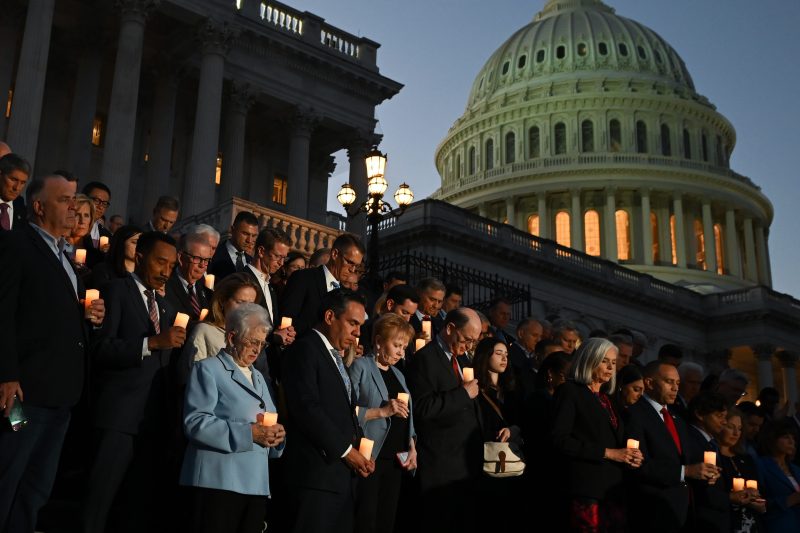The battle for public opinion on the Israeli-Palestinian conflict has been long-standing and continues to this day in Congress. As many observers have noted, only one side has consistently been victorious in gaining U.S. congressional support.
Since the establishment of the state of Israel in 1948, the United States has backed and defended its actions diplomatically. This was the case when the UN General Assembly voted on Resolution 242 in 1967, which called for Israel to give up captured territories in exchange for peace and resolution of the conflict. Across the successive decades, it has consistently bestowed generous military and financial assistance upon the country while refraining from pressuring Israel’s government to make any concessions. From an international relations standpoint, this is a significant and long-standing example of the U.S. providing “unconditional support to an ally”.
In the wake of the Oslo Accords in the late 1990s and early 2000s, the Palestinian Liberation Organization (PLO) gained recognition as a legitimate actor and subsequently started to pursue diplomatic channels to garner support and sway policy. While there have been some symbolic successes, they have not lived up to expectations.
Conversely, the U.S.-Israel Public Affairs Committee (AIPAC) has been successful in garnering support for Israeli policy among congressional members. For decades, it has invested heavily in initiatives such as lobbying, campaign financing, and student outreach programs. Its efforts have been rewarded with resounding success on Capitol Hill, and it has solidified itself as one of the most powerful and influential forces in Washington.
The current disconnect between the public opinion of the conflict and the U.S. congressional response stems from a comprehensive campaign by pro-Israel lobbying groups in Washington D.C. It is outside the scope of this article to evaluate the persuasiveness of its arguments, though the conclusion is inarguable: AIPAC has been extremely successful in garnering support for Israeli positions among congressional members.
The implications are obvious: when it comes to the Israeli-Palestinian conflict, one party has been consistently victorious in swaying Congressional decisions in their favor. With all the money and lobbying power at their disposal, it is clear that the pro-Israel lobby is the one that has won out in Congress.

